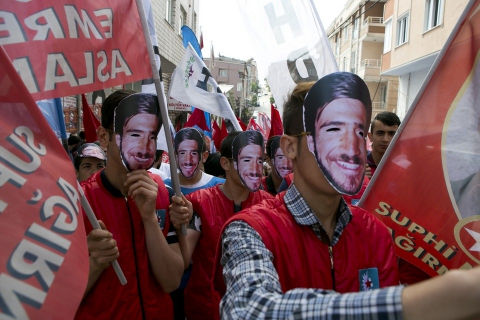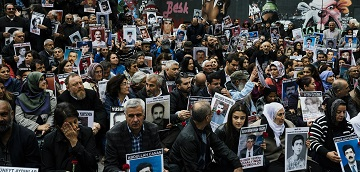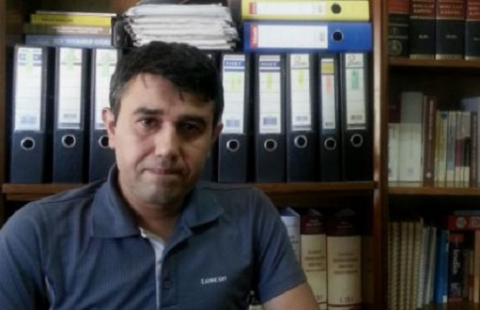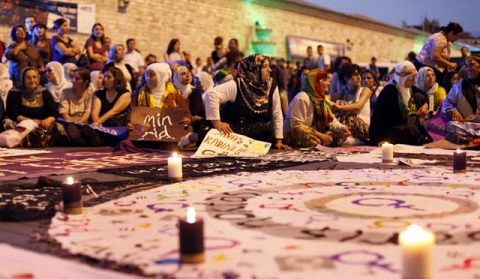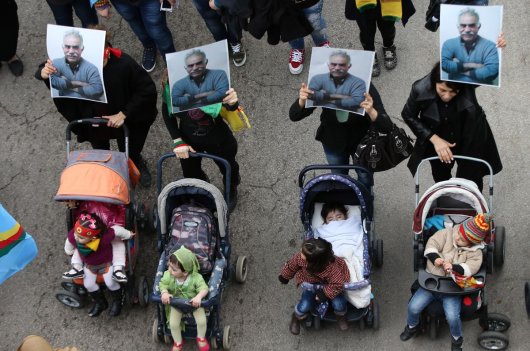
Turkey in Pursuit of Peace: But What About Justice
After Ilhan Bilir disappeared in 1992 his brother Ramazan started to look for him. Güllü Bilir, Ramazan’s wife, told researchers at the Istanbul-based Truth Justice Memory Centre what happened next.
“He would walk on foot, searching for him…He would go everywhere his brother could have stopped by. ‘I won’t stop…I must find out what happened to my brother,’ he used to say.”
After three years, somebody came to Ramazan promising to reveal his brother’s whereabouts. Ramazan went with this person and was never seen again.
The brothers are both presumed to have been abducted and killed by Turkish security forces.
Their story is just one account of many featured in the report The Unspoken Truth: Enforced Disappearances produced by the Truth Justice Memory Centre, and is a story familiar to families across Turkey.
Between the years 1980 and 2000, an estimated 1500 to 2000 people were forcibly disappeared.
With important exceptions, most victims were male and Kurdish. Incidents peaked in the 1990s in the context of the conflict between the Turkish government and the Kurdistan Workers’ Party (PKK), a one-time Kurdish separatist, insurgent group, which has since renounced its aim of establishing an independent Kurdish state.
The unresolved history of Turkey’s enforced disappearances goes to the heart of what’s at stake as the Turkish government and the PKK negotiate an end to the conflict, which has lasted over three decades and killed more than 40,000 people.
Will the negotiations seek a peace built on a reckoning with the past and promote comprehensive social change, or will they simply seek to stop the armed conflict?
And if there is to be a reckoning, how far must it go? How far can it go?
Click here to read the full article at Equal Times.
